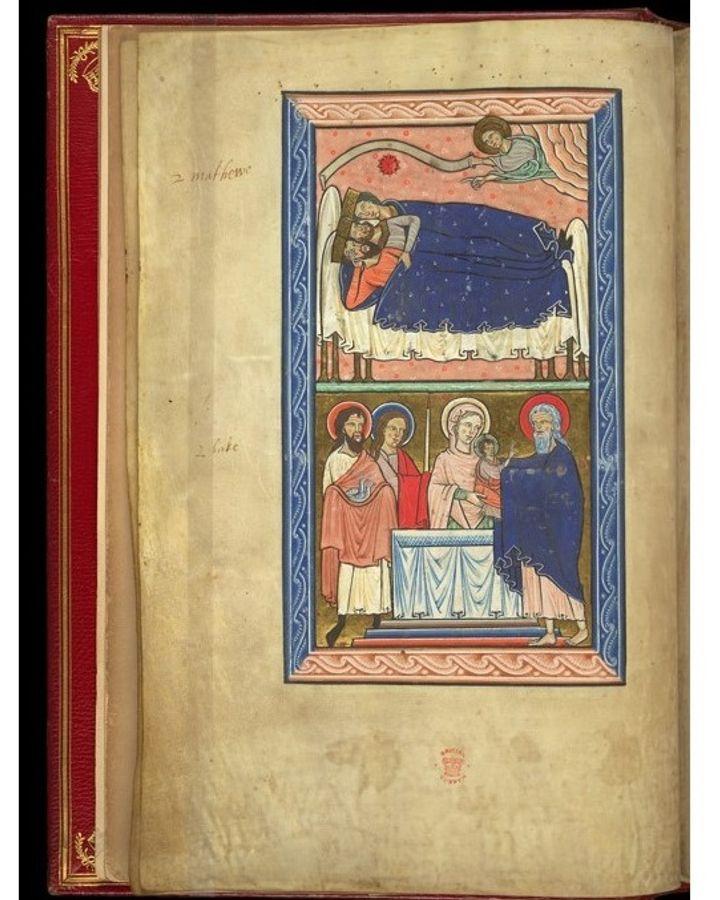It was around 23:00 on 13 April 1699, in a small village in the north of England. Nine-year-old Jane Rowth blinked her eyes open and squinted out into the moody evening shadows. She and her mother had just awoken from a short sleep.
Mrs Rowth got up and went over to the fireside of their modest home, where she began smoking a pipe. Just then, two men appeared by the window. They called out and instructed her to get ready to go with them.
As Jane later explained to a courtroom, her mother had evidently been expecting the visitors. She went with them freely – but first whispered to her daughter to "lye still, and shee would come againe in the morning". Perhaps Mrs Rowth had some nocturnal task to complete. Or maybe she was in trouble, and knew that leaving the house was a risk.
Either way, Jane's mother didn't get to keep her promise – she never returned home. That night, Mrs Rowth was brutally murdered, and her body was discovered in the following days. The crime was never solved.

Nearly 300 years later, in the early 1990s, the historian Roger Ekirch walked through the arched entranceway to the Public Record Office in London – an imposing gothic building that housed the UK's National Archives from 1838 until 2003. There, among the endless rows of ancient vellum papers and manuscripts, he found Jane's testimony. And something about it struck him as odd.
Originally, Ekirch had been researching a book about the history of night-time, and at the time he had been looking through records that spanned the era between the early Middle Ages and the Industrial Revolution. He was dreading writing the chapter on sleep, thinking that it was not only a universal necessity – but a biological constant. He was sceptical that he'd find anything new.
So far, he had found court depositions particularly illuminating. "They're a wonderful source for social historians," says Ekirch, a professor at Virginia Tech, US. "They comment upon activity that's oftentimes unrelated to the crime itself."
But as he read through Jane's criminal deposition, two words seemed to carry an echo of a particularly tantalising detail of life in the 17th Century, which he had never encountered before – "first sleep".
"I can cite the original document almost verbatim," says Ekirch, whose exhilaration at his discovery is palpable even decades later.




